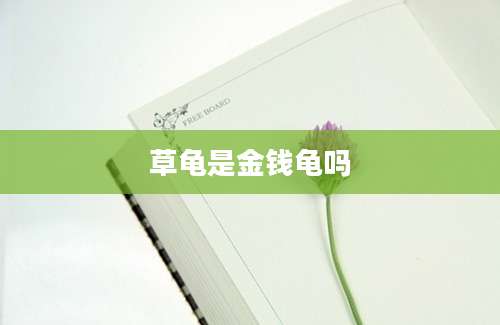tomorrow前面用什么介词

在英语中,"tomorrow" 是一个时间名词,通常表示“明天”。当 "tomorrow" 作为时间状语时,它前面通常不需要使用介词。以下是一些使用 "tomorrow" 的例子:
I'll see you tomorrow.(我明天见你。)
The meeting is scheduled for tomorrow.(会议定在明天。)
然而,在某些特定的语境中,可能会使用介词,以下是几种情况:
1. at:当 "tomorrow" 表示特定时间点时,可以使用 "at"。
We have a class at 10 o'clock tomorrow.(我们明天上午10点有课。)
2. on:在表示星期几时,可以使用 "on"。
On Monday, we will have a holiday.(星期一我们将放假。)
3. in:当 "tomorrow" 用于指代未来的某个时间段,尤其是较长的时间段时,有时会使用 "in"。
I will visit you in two months' time, which is in January next year.(我将在两个月后拜访你,也就是下年的1月份。)
相关常见问题清单及解答
1. 问题:"tomorrow" 前面是否必须用介词?
解答:不,"tomorrow" 前面通常不需要介词,但有时会根据语境使用 "at" 或 "on"。
2. 问题:"tomorrow" 前面可以用 "to" 吗?
解答:不可以。"to" 通常用于表示将来的一段时间,如 "in two days" 或 "to the end of the week"。
3. 问题:"tomorrow" 和 "the tomorrow" 有区别吗?
解答:没有区别。"tomorrow" 和 "the tomorrow" 都表示“明天”,只是后者强调了特指。
4. 问题:"tomorrow" 可以放在句首吗?
解答:可以。例如:"Tomorrow, we will go to the beach."(明天我们将去海滩。)
5. 问题:"tomorrow" 可以放在句末吗?
解答:可以。例如:"I will come to the party tomorrow."(我明天会来参加派对。)
6. 问题:"tomorrow" 和 "the day after tomorrow" 有区别吗?
解答:有区别。"tomorrow" 表示“明天”,而 "the day after tomorrow" 表示“后天”。
7. 问题:"tomorrow" 和 "next day" 有区别吗?
解答:两者都可以表示“明天”,但 "tomorrow" 更加常用,而 "next day" 更常用于书面语。
8. 问题:"tomorrow" 可以与 "in the morning" 或 "in the afternoon" 连用吗?
解答:可以。例如:"I will meet you at the park tomorrow in the morning."(我明天上午将在公园见你。)
9. 问题:"tomorrow" 可以与 "by" 连用吗?
解答:可以。例如:"I will finish the project by tomorrow."(我将在明天之前完成这个项目。)
10. 问题:"tomorrow" 可以与 "for" 连用吗?
解答:可以。例如:"We are planning for the trip tomorrow."(我们正在计划明天的旅行。)









